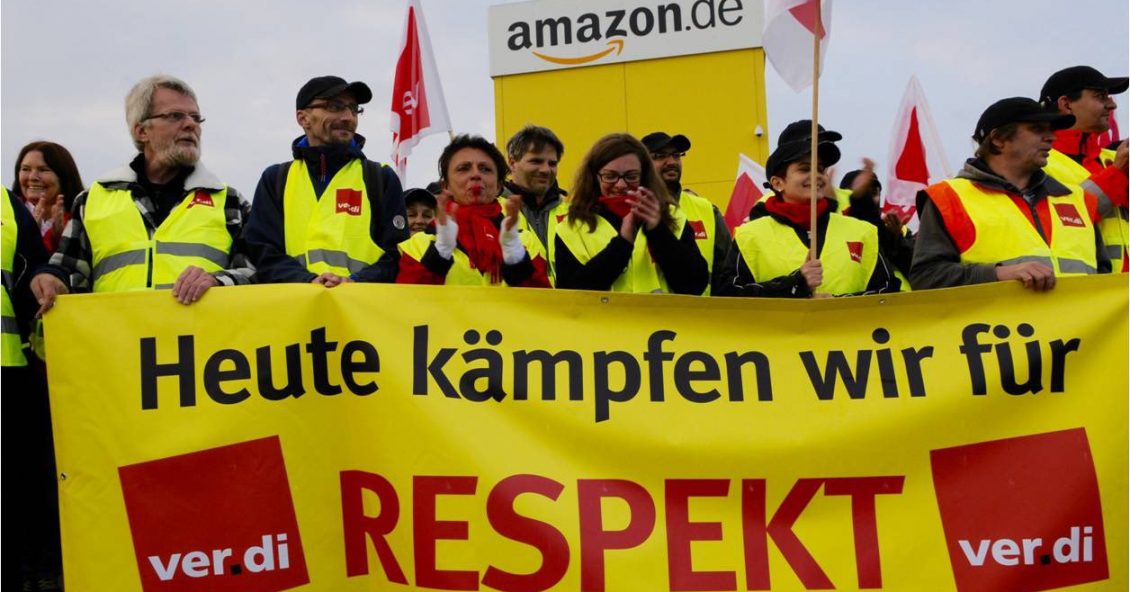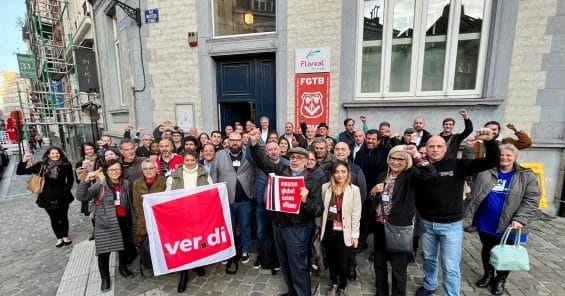Shareholders take stand for workers’ rights at Amazon
26.05.23
At Amazon’s 24 May shareholder meeting, it became clear that investors are pushing the company on ESG issues, including on trade union rights.
For example, the Cometa Pension Fund, Italy’s largest with approximately 470,000 members and US$13 billion of managed assets, opposed the re-election of Amazon’s CEO Jeff Bezos. The decision was driven by the company’s abysmal record regarding workers’ rights as well as racial and gender discrimination.
The Italian fund exercised its voting rights on nearly two dozen additional agenda items including those aimed at safeguarding worker health and safety, civil rights, labour rights, pay equity and environmental sustainability.
In recent weeks, several other influential investors, including Norges Bank Investment Management and a group of 12 Danish pension funds, publicly supported Proposal 16, a shareholder resolution calling for a third party assessment on Amazon’s commitment to freedom of association. Additionally, Schroders announced that they would vote in favour of Proposal 21, calling for a report on working conditions.
Amazon workers presented these resolutions to shareholders in attendance and the board of directors.
“We are seeing that investors want transparency and accountability when it comes to working conditions, and we commend the funds that voted to advance human rights, including the rights of Amazon workers,” said Christy Hoffman, General Secretary of UNI Global Union. “This accountability is impossible without collective bargaining and unions. That is why it is so important that all stakeholders demand that executives at companies like Amazon respect freedom of association.”
Last year, UNI joined the Global Unions’ Committee on Workers’ Capital (CWC) in publishing Shared Prosperity, a report outlining why and how investors should react in cases where companies infringe on workers’ rights to join a union and bargain collectively.


